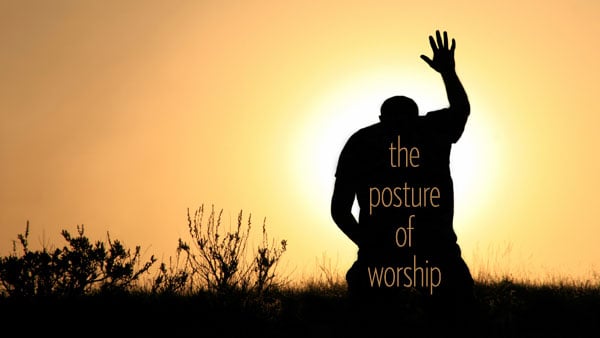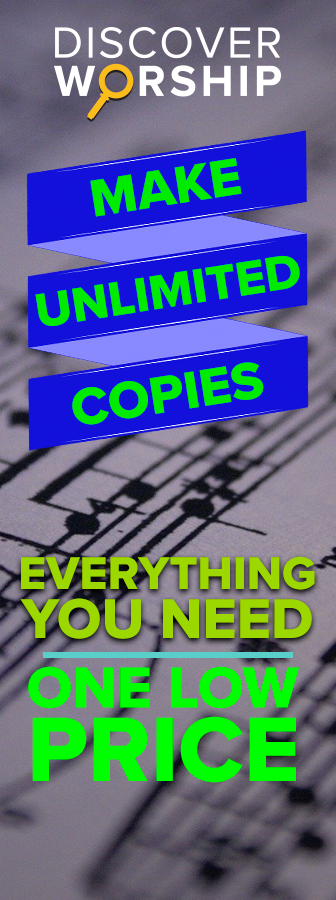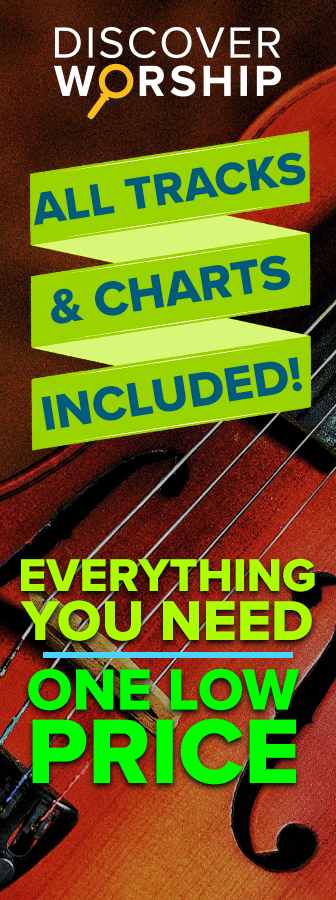
Have you ever noticed that new trends are frequently called “movements?” I'm thinking that's a pretty good word for this because it implies action, progression, momentum. Movements can be esoteric and philosophical. Or, they can be a little more concrete – as in business or political movements. And we're all familiar with movements as they've occurred in the history of the Church.
It's a biblical notion, you know. Throughout scripture, we can see one clear, repeated concept: whenever God performed some mighty act among His people, the response (or movement) was a burst of new songs. That's why several passages in the Psalms say things like “Sing to the Lord a new song, for He has ...”
And it's still true today. I'm convinced that God's movement among His people in this generation, stirring them with a renewed passion for worship, has led to an unprecedented flow of new worship songs… testimonies of God's faithfulness and fresh expressions of praise.
All this thinking about movement got me to thinking, too, about our congregations today and our literal, physical movement. Just what is the posture of worship anyway? Do we sit? Do we stand? Should we kneel? Bow? Lift our hands? Remain motionless? When do we open our mouths? When do we close our eyes?
Our biblical theology of worship informs our practice of worship.
Did you know that God's word is full of “gestural” implications when it comes to worship? For instance, the word SHACHAD is frequently translated as “worship” - over 80 times in the NASB – and means literally “to politely or respectfully bow; to bend low; to prostrate oneself.” Psalm 95:6 is an example of this gesture. To the ancient Hebrew, worship had deeply imbedded physical implications and dimensions.
YADAH, another Hebrew word with physical implications, comes from the root word for hand, “yad,” and in this extended form means “to worship with extended hands; to throw out the hands, especially in thanksgiving.” See Psalm 141:2, Psalm 143:5&6 and 1 Timothy 2:8 for passages referring to the hands.
PROSKUNEO is the principle New Testament (Greek) word translated “worship” - 51 times in the NASB. It has lots of the same implications of submissiveness and respect, yet includes the literal meaning of “a kiss towards.” This obviously implies intimacy and closeness.
Ultimately, though, it's not our physical posture that really matters. It's the posture of our heart.
Here are the TOP TEN REASONS worship has become a priority for me...
10) I need the interaction with other believers. I'm strengthened and encouraged by associating, fellowshipping and worshiping with them
9) My day goes better – feels more adjusted – when I've spent private time in Bible study and worship. Likewise, my week is more focused when I've been a part of a congregational gathering.
8) I actually learn more about God when I seek Him with all my heart. I'm reminded of His attributes when I speak and sing of His acts. And I rediscover His character when I speak and sing His names.
7) There are many in my congregation longing for this type of revelation concerning God. Though none of us will ever comprehend all there is to know about God, I want to help others see Him more clearly.
6) Uninhibited, honest worship by sold-out believers is one of the strongest forms of evangelism to the seeker that I know of. After all, they're looking for something bigger and beyond themselves to invest their lives in.
5) John 4 says that God is looking for worshipers; not style, not format, not performance. Just me.
4) King David, Solomon and the prophet Isaiah left us accounts too vivid and inspiring to overlook. I want that kind of encounter with God.
3) Beyond encounters or experiences, though, deep down I really want God Himself.
2) He asks for it.
1) He deserves it.
--For other helpful articles about developing a theology of worship, go to www.discoverworship.com








